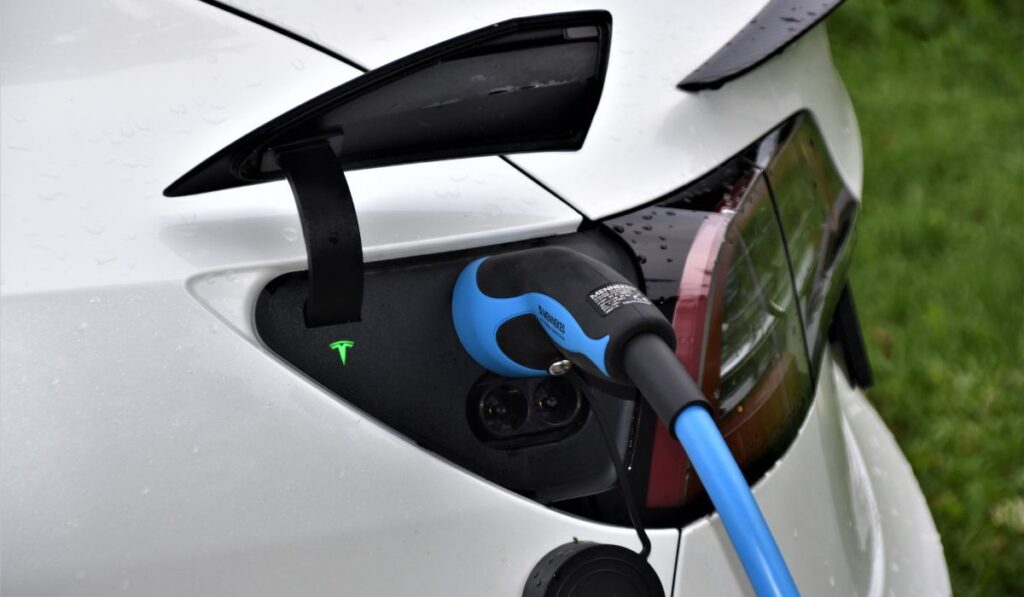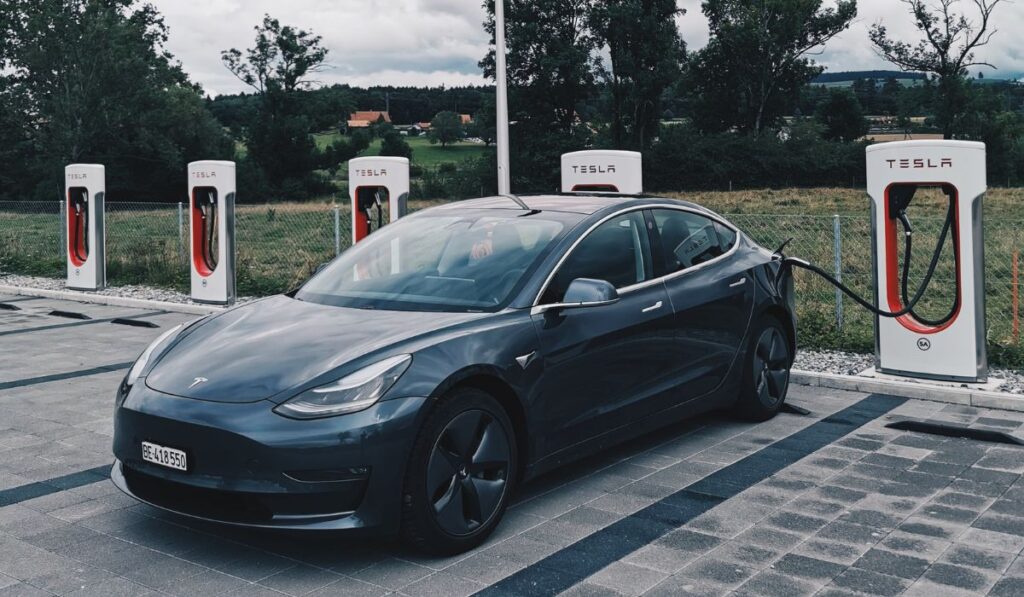Teslas are an excellent vehicle choice if you don’t want to purchase gas anymore and want to save the environment. But how often should you expect to charge your Tesla?
Newer model Teslas can drive for 405 miles without needing a charge, but it is a good idea to charge your Tesla each night to ensure your Tesla is always ready to go when you need it. Tesla’s are specially designed, so leaving them connected to the charger for hours won’t damage the battery.
Allowing your Tesla to run out of juice will not benefit your vehicle. So let’s look at how often you should charge your Tesla and the ins and outs of costs, battery life, and daily use of the vehicle.
How Often Should You Charge Your Tesla?

The Tesla Company tells customers that daily charging is beneficial. Not only will it ensure your Tesla never runs out of juice mid-drive, but it will also help extend your electric vehicle’s life.
After you arrive home, it is advised to plug it in and leave it charging whenever you are not using it.
Some electric-powered products, such as phones and computers, can deteriorate with regular charging. Due to this fact, many people assume that daily charging is excessive and could complete the efficiency and longevity of the car’s battery. However, it is healthy for the Tesla battery to hit 90% charge daily.
Charging your battery to 100% is recommended for long trips. That isn’t to say you cannot charge the battery to full whenever you wish, as there is no harm in leaving your Tesla charging overnight and allowing it to hit the full charge capacity.
Although models like the 2022 Tesla Model S can offer up to 405 miles and last people weeks and weeks of use, if they drive a few miles daily, you shouldn’t allow the battery to empty. Doing so will result in poor battery health and a long waiting time for you to charge it back to full capacity.
How Long Does a Charged Tesla Battery Last?
Depending on the make and model of your Tesla, the battery can last up to 405 miles. Many of the more affordable models can offer between 250 and 300 miles. The average battery life of a Tesla is 336 miles.
Hence, driving around 30 miles daily could receive up to 10 days of driving without recharging the vehicle. But this isn’t advised.
Should you only take short trips most days, you could leave your car for a few days without charging it. Yet, regular charging will save you time and ensure your car’s battery is optimized whenever you need your vehicle.
Should You Charge Your Tesla Every Day?
When lithium-ion batteries spend time at the extremely high and extremely low ends of the charge spectrum, they can sustain damage. For this reason, Tesla does recommend charging your Tesla daily. Or, charge it to align with your mileage.
Should you drive less than 10 miles daily, you will not need to charge your Tesla daily as you may use only a small part of the battery capacity. But if you drive more, charging it daily is a smart idea.
Following rigorous battery health rules, you only need to charge your Tesla once every four days if you drive an average amount of miles, even with substantial mileage degradation.
Generally, plugging in your Tesla with an at-home charger like this one (on Amazon) as often as possible will not harm your battery if you maintain around 90% charge.
How Much Does it Cost to Charge A Tesla?

The one disadvantage to owning an electric car like a Tesla is the cost of charging it, especially in the colder months. However, the cost of refueling a gas-powered car is, on average, 3.6 times more expensive per mile than the cost of charging a Tesla. You can speed up your car’s charge with a high-powered wall adapter like this one (on Amazon).
A Tesla’s battery must be preconditioned before charging, meaning it needs to warm to a specific temperature before it accepts the charge. Hence, during the colder months, you will need to pursue extra measures and spend more to heat the car so it will accept the charger.
The typical cost to charge a Tesla is $13.96. Depending on the type of Tesla, it can cost up to $18.30 to hit full battery capacity.
Furthermore, you should charge regularly if you wish to save on costs. Longer charges can cost less. Whereas if you plug your Tesla in for short periods every so often, your electricity bill might cost more. Hence, you can reduce electricity costs by avoiding unnecessary short and sporadic charges.
To save more money, you should also know that some EV owners also experience rate schedules to pay for their electricity. Charging at specific times of the day or the week could impact the cost of electricity use. For instance, charging your Tesla on the weekend instead of on weekday evenings could be more cost-effective.
It is possible to maximize your finances and the longevity of your Tesla by understanding how often to charge the battery.
